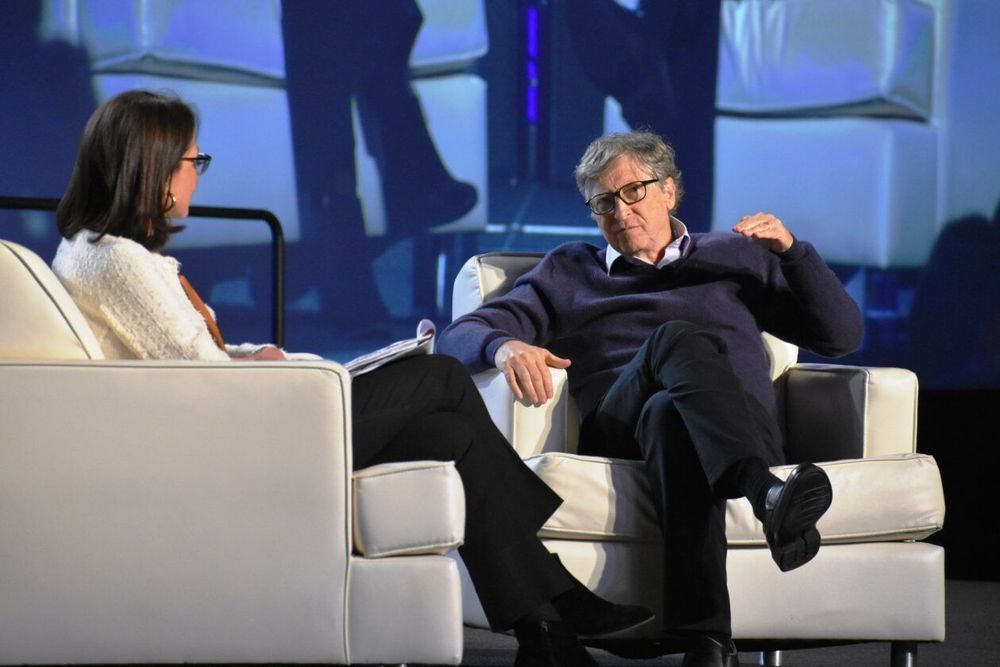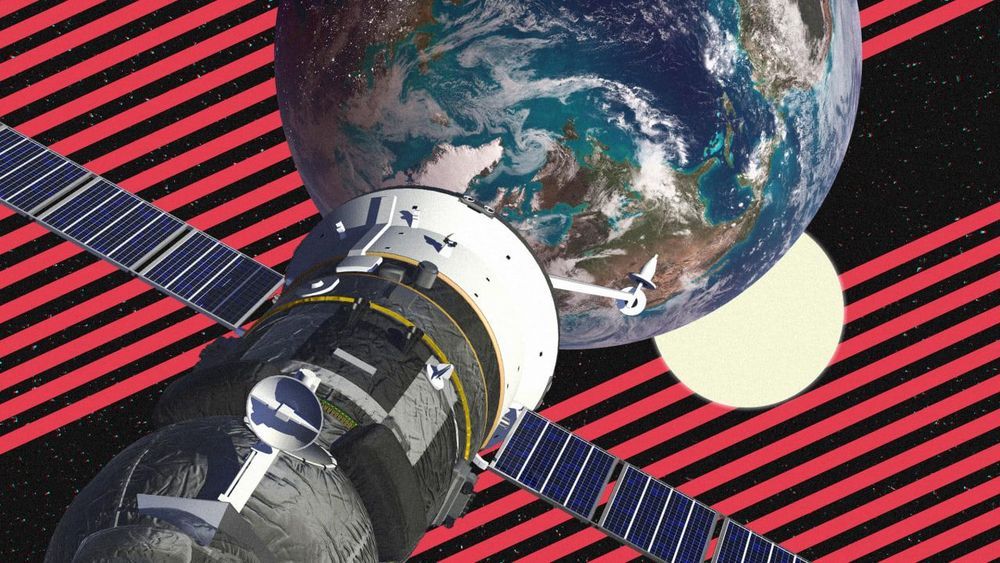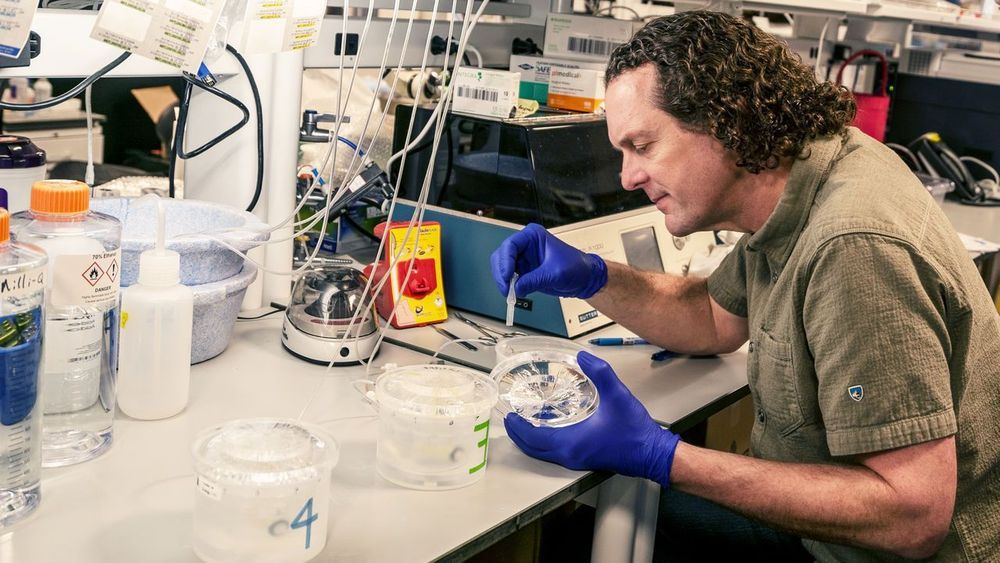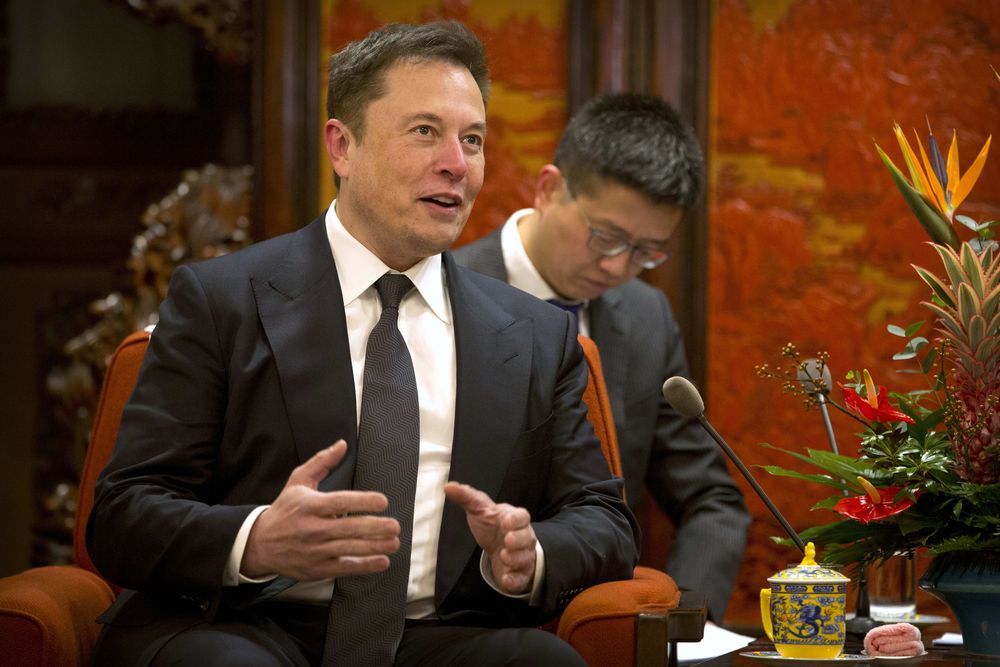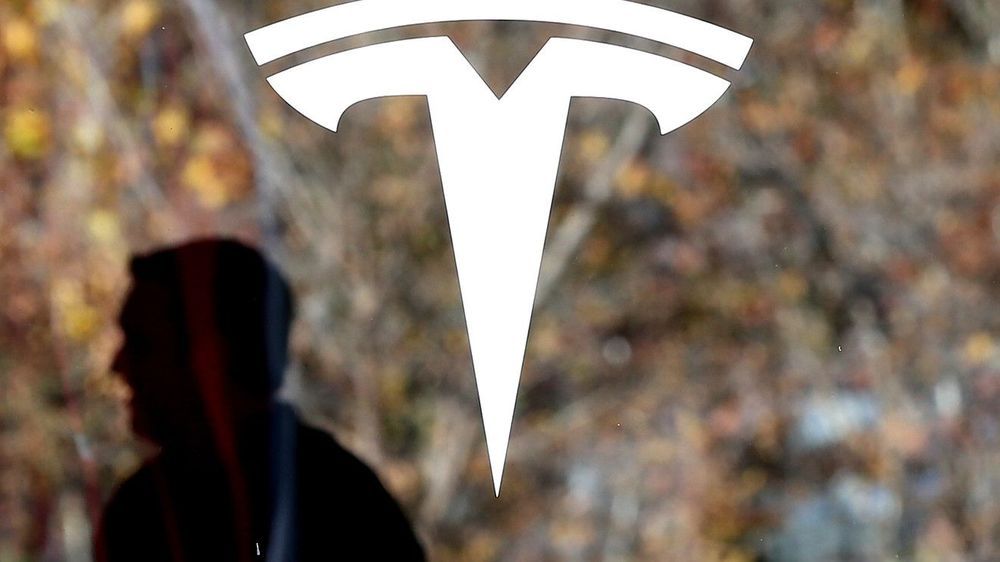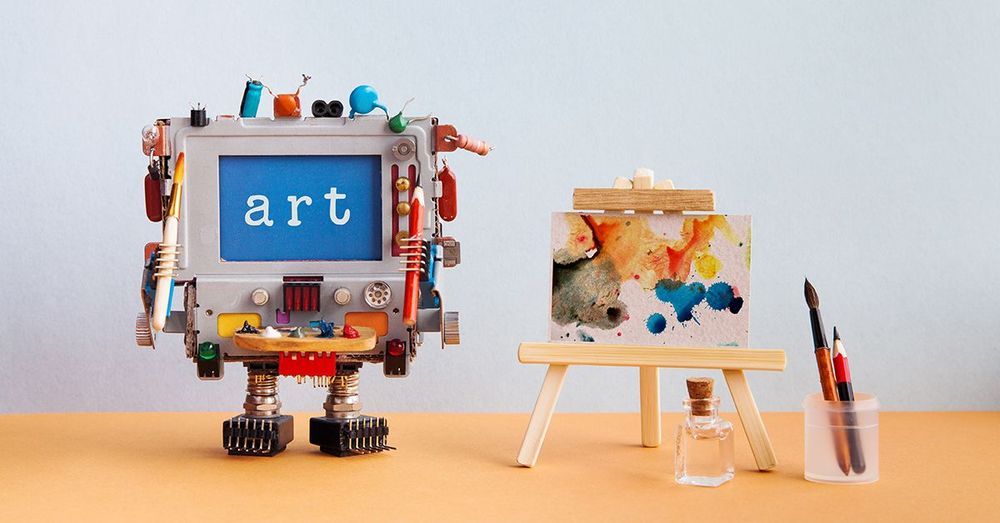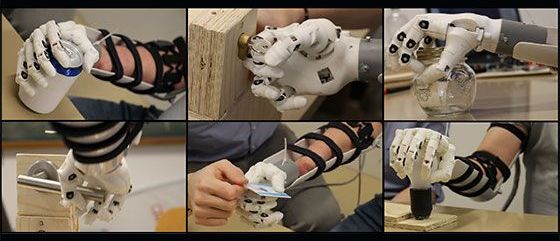Bill-gates-thinks-gene-editing-artificial-intelligence-save-world.
Microsoft co-founder Bill Gates has been working to improve the state of global health through his nonprofit foundation for 20 years, and today he told the nation’s premier scientific gathering that advances in artificial intelligence and gene editing could accelerate those improvements exponentially in the years ahead.
“We have an opportunity with the advance of tools like artificial intelligence and gene-based editing technologies to build this new generation of health solutions so that they are available to everyone on the planet. And I’m very excited about this,” Gates said in Seattle during a keynote address at the annual meeting of the American Association for the Advancement of Science.
Such tools promise to have a dramatic impact on several of the biggest challenges on the agenda for the Bill & Melinda Gates Foundation, created by the tech guru and his wife in 2000.
